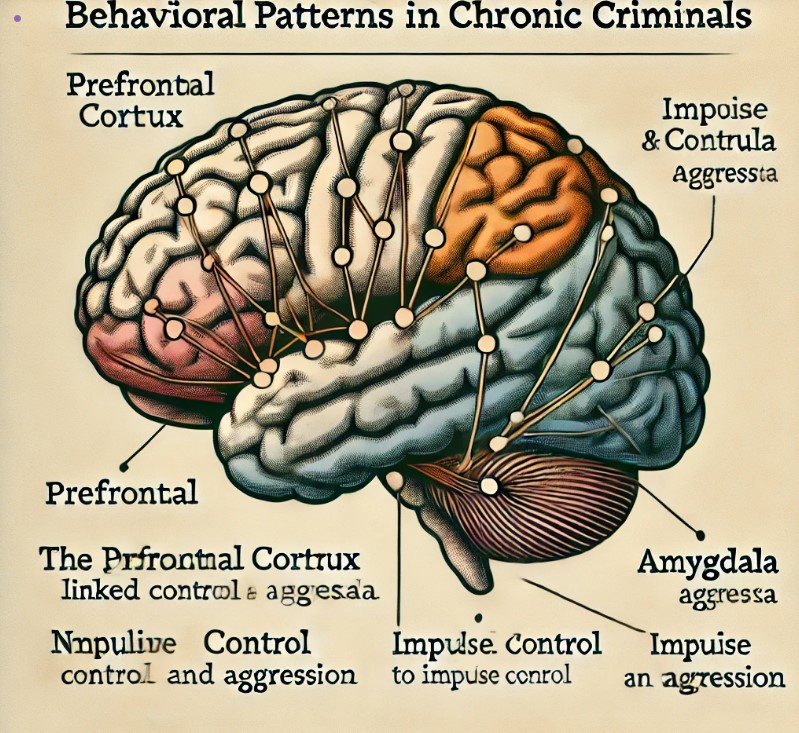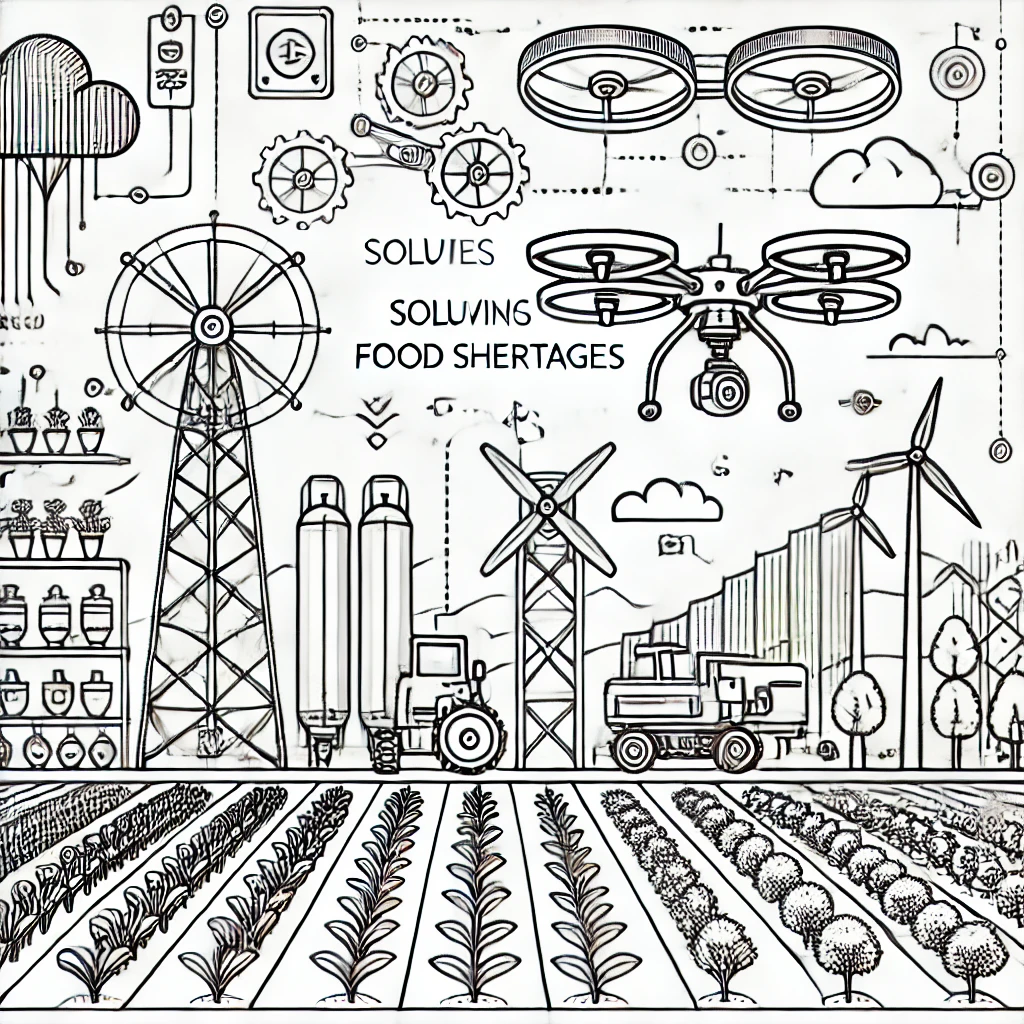Wulandari Setiadewi
-

The nine principles of Hill’s criteria
By
Some correlations reflect true causation, while others do not. How can one determine whether a correlation actually implies causation? This dilemma is encountered by both academics and engineers. In a world marked by extreme caution, the butterfly effect, and highly non-linear interactions, distinguishing genuine causation from mere correlation can be exceptionally challenging. To navigate this…
-

N-of-1 trials
By
N-of-1 clinical trials, also known as single-subject trials, focus on identifying the most effective treatment for individual patients by employing rigorous, data-driven methodologies. This essay explores the potential of N-of-1 trials in advancing personalized medicine, their historical context, design considerations, and future directions, emphasizing their compatibility with the broader goals of evidence-based medicine. While they…
-

Harnessing energy with artificial photosynthesis
Photosynthesis is a fundamental biochemical process by which green plants, algae, and certain bacteria convert solar energy into chemical energy. Through this process, light energy is harnessed to synthesize glucose (C₆H₁₂O₆) and oxygen (O₂) from carbon dioxide (CO₂) and water (H₂O). The overall reaction can be expressed as follows: $$6CO_2+6H_2O+light energy→C_6H_12O_6+6O_2$$ Central to this process…
-
Habit reinforcement
By
Beyond the practical benefits of forming habits, such as improved health or productivity, there are also psychological and physiological benefits. The process of habit formation can boost self-esteem and confidence. Successfully sticking to a new habit reinforces the belief that change is possible, which can create a positive feedback loop that encourages further success. Physiologically,…
-

Neurological patterns in chronic criminals
In recent decades, advancements in neuroscience have offered deep insights into the neurobiological foundations of behaviour, shedding light on the possible brain-based causes of chronic criminality. The study of how certain neural characteristics predispose individuals to deviant behaviour is a growing field known as neuro-criminology. This interdisciplinary domain merges neuroscience, psychology, and criminology to explore…
-

World food crisis and impact of science and technology
By
in EnvironmentThe global food crisis has deep historical roots, often tied to population growth, economic instability, climate change, and agricultural practices. Famines in the past were frequently caused by environmental factors, wars, and poor agricultural productivity, leaving millions vulnerable to starvation. Notable examples include the Irish Potato Famine in the 19th century and food shortages during…
-

History of hydropower energy in Indonesia
By
in EnergyThe origins of small hydropower (SHP) in Indonesia trace back to the Dutch colonial era when the first small hydropower projects were built to supply energy for tea plantations in the 1800s. SHP development continued through the early 20th century, supplying electricity to both tea factories and the broader region. Key plants like Malabar and…

